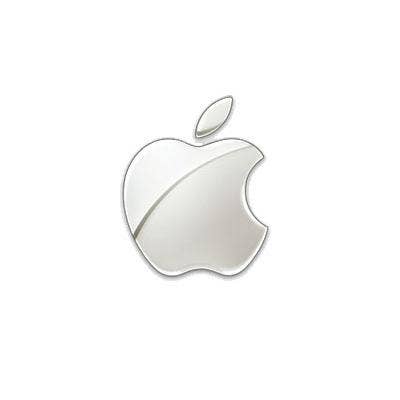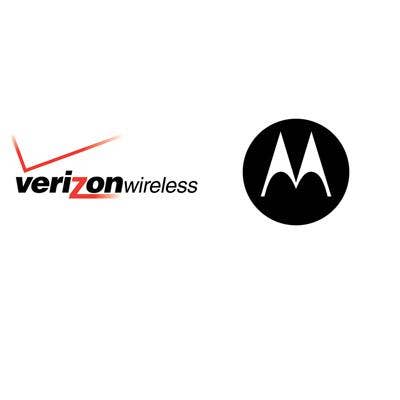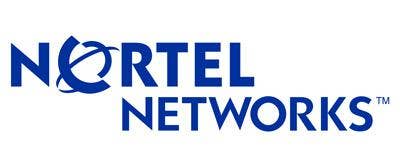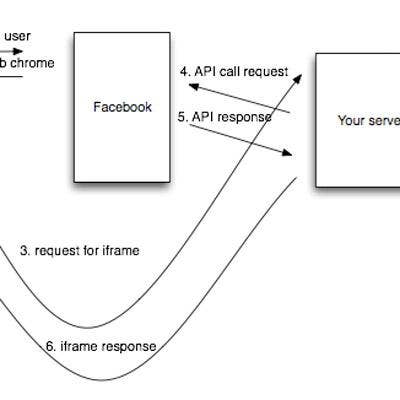Test Center Recommends: 7 Hot Security And Storage Products

On Feb. 25, 2009, Everything Channel Events and Channelweb.com host a Virtual Trade Show, titled "Finding The Growth In Security and Storage." These one-day live events take a look at current hardware and software trends and are designed to help ensure that customer data is never compromised. Part of the show includes a presentation of products Test Center editors have come across and now recommend. Here's a look at seven products they think can make a difference.

By their design, notebook computers are inherently less secure than their larger counterparts. Although manufacturers have made strides with the inclusion of various biometric devices, the fact still remains that if someone can gain access to the system, the data is there for the taking. Using Advanced Encryption Standard, or AES, to protect their contents, Fujitsu Computer Products of America's FDE (Full Data Encryption) hard drives implement 256-bit hardware encryption directly into the processor chip of the hard drive. This allows for more robust security and faster system performance than software-based encryption. When encryption is enabled via the ATA-security command set found in most PC BIOS, a User and Master password are created. Additionally, the security level can be set to either High or Maximum.
One of the benefits of FDE is that the encryption key does not exist anywhere on the drive when it is powered down. This makes it impossible for anyone to read from the media, even if the unit is disassembled. The encryption key is regenerated each time the correct password has been entered after the drive is powered up. To prevent the success of a brute force attack, after five incorrect password attempts, the hard drive will abort all log-on attempts until its power has been recycled.
Although the price of these drives is a little higher than similar models without encryption, the performance and power consumption specs are the same; so while it may not pay for the typical user to install an encrypted drive, at least there is the option for those who have a need for them.

Network Attached Storage devices started out as a relatively simple way for an enterprise to add additional shared storage space to its network. Over the past few years, however, these appliances have been shrinking in both size and price, allowing the SMB and SOHO markets to take advantage of their features.
With the acquisition of Infrant Technologies last year, Netgear obtained its rather successful ReadyNAS line and recently released the new 6-Bay, ReadyNAS Pro. Currently available in three Business Edition configurations -- 1.5TB, 3TB, and 6TB, there is also a Pioneer Edition that is diskless. All the drives are hot-swappable and, with current drive capacities reaching 1.5GB, the ReadyNAS Pro can now support up to 9TB total. The ReadyNAS Pro supports multiple RAID configurations and streaming services. Based on Netgear's data, as well as some beta testers across the Web, the unit has been measured to reach over 100 MBps. We weren't able to reach that speed during our tests, but we're willing to concede that our local machine was probably a bottleneck in the testing.
With prices ranging from $2,000 to $4,100, including drives, the ReadyNAS Pro costs more than other, comparable products, but its feature set and solid performance make it worthy of consideration.

Whether small business or enterprise, the need for network attached storage, or NAS, eventually becomes a reality. With more and more companies switching to a paperless format, needed storage space is growing exponentially. Add to that the retention requirements many industries have and it's no wonder the market is at the forefront.
One of our favorite NAS devices has been Adaptec's Snap Server 520. At the end of June 2008, Adaptec decided to get out of the NAS business, and sold the Snap division to San Diego-based Overland Storage.
One of the most robust, as well as expensive, NAS models that we've tested, the Snap Server 520 has a multitude of features and is driven by an AMD Opteron processor running GuardianOS, which is a derivative of Linux designed specifically for storage appliances.
Ranging in price from $5,490 to $8,520, the Snap Server 520 can cost multiple times the price of its competitors. It does, however, deliver more than they do, and extremely well at that.

Solid State Drives, commonly known as SSDs, originally used by the military and aerospace industries because of their capability to withstand high levels of shock, vibration and temperature, have seen in the last few years an increase in interest and offerings. Essentially arrays of flash-memory, SSDs have no moving parts. Their many benefits, including low power consumption, low heat generation and lack of noise are enabling SSDs to grow in popularity in the consumer notebook market.
Besides mainstream drives, some manufacturers have recently turned their attention to designing SSDs for servers, storage and high-end workstations. Intel's X25-E Extreme series is one of the first of this new breed. Currently available in 32GB and 64GB versions, the X25-E uses faster, more expensive single-level NAND memory to push the limit of the SATA interface with sustained speeds rated at up to 250 GBps read and 170 GBps write.
With street prices starting in the mid-$600 range, the X25-E is an expensive proposition for most. But the savings from reduced power consumption and nearly zero cooling requirements will make it attractive to those who need the performance it provides.

In the wake of the recently reported data breach of more than 100 million credit cards, possibly the largest data breach ever, it is imperative that companies take measures to keep data protected. We were really interested in taking a look at a product specifically tailored for database security, in particular, because of the staggering amount of attacks and hacking attempts we logged against our test SQL database in the lab.
Guardium's database security appliance is chock-full of features that really give granular control over database security. It has robust alerting and self-monitoring features and it allows an organization to have an internal checks-and-balances system because activities of database administrators and other superusers can be controlled and watched.
Even though this is a sophisticated product geared toward midsize- and enterprise-level outfits, it's fairly easy to get up and running and to configure. There are wizards and lots of help guides within the management interface to get the appliance best configured for your client's needs.
Guardium's database security appliance doesn't come cheap. A single appliance costs $25,000. Yet, if you have customers with database records that contain sensitive, potentially exploitable data, this solution from Guardium is worth the price.

Trend Micro's latest client/server/messaging offering, Worry-Free Business Security Advanced, or WFBS-A, is a comprehensive security solution that is capable of protecting Microsoft Exchange, Small Business and Essential Business Servers along with other Windows servers, clients and laptops.
The Web console management interface gives centralized control over a network's security infrastructure and, from the Web management interface, an administrator can deploy client/server security agents to desktops, notebooks and servers. Among other features, Trend Micro also offers InterScan Messaging Hosted Security Standard, an available online resource that adds another layer of antispam protection through the cloud. Protection is given based on IP reputation and e-mail content scanning.
Worry-Free Business Security Advanced includes support for 64-bit Exchange server 2007, and it supports Windows Server 2008. This is a robust product that really combines in-the-cloud components with on-premise ones.

Check Point's UTM-1 Edge W appliance is a true, out-of-the-box, turnkey device designed for an SMB or a branch office. Available with a wireless, or ADSL modem, or in an industrial model engineered for environments with extreme temperatures, the UTM-1 features centrally managed firewall, antispam, NAC, Web filtering, IDS and VPN. It also does enhanced URL filtering and IM blocking, as well as granular antispam filtering. Policies can be created across the enterprise and enforced.
Multiple UTM 1 edge appliances can be managed with Check Point Smart Center, which provides a single management console, or by using the product Provider-1, which is scalable in multidomain environments.
Check Point Software Technologies has a well-deserved reputation in the security business and this UTM offering does not disappoint. It lists at a starting price of $600.